The constitutional right is the right to work. It is also a human, personal right. Unemployment is destructive to dignity and self-esteem. The problems that arise on a personal level don’t stay isolated; rather, they permeate into the family, community, giving rise to various issues and deficiencies. The problem of unemployment is not only detrimental to economic development but also affects numerous other aspects that impact society as a whole. However, when an individual faces termination, their immediate concern is often how to personally cope with it.
The reasons for terminating an employment relationship, be it emotional or otherwise, are almost always personal, irrespective of whether the initiator is the employee or the employer.
When you decide to change companies, it’s typically due to:
- Positive attraction, a pull from another company offering better financial conditions, higher positions, a better reputation, etc.
- Negative rejection, a push caused by poor interpersonal relations, stagnation, the impossibility of advancement, inadequate financial compensation for achieved results, dedication, and sacrifice.
All these reasons are exclusively personal and reflect the employee’s unmet expectations. Everyone has the right (and should exercise it) to reject conditions incongruent with their capacities, preferences, and ambitions, seeking something more fulfilling and professionally inspiring.
On the other hand, when a company decides to terminate employment, it could be due to:
- Objective reasons, such as unforeseen circumstances like bankruptcy or cost reduction due to a decreased volume of business. However, these background reasons often bear a personal stamp, such as a bad assessment of the responsible person or intentional bankruptcy.
- Subjective reasons of the manager, often masked as the alleged need for reorganization to rid the company of employees not aligning with its policy or hindering specific managerial interests within legal regulations.
Despite companies proclaiming the rule that there’s nothing personal in business and that all decisions and relationships are based on strict professionalism, reality differs, leaning towards a more personal nature. Interest groups and influences serve as a hidden iceberg that could be fatal. To survive in the corporate environment, one must adapt to them, or risk “sinking” along with personal attitudes and beliefs.
What happens when you quit or get fired? For those who remain in the company, mostly nothing epoch-making occurs. The common corporate rule is that everyone, even the best, is replaceable. The next day unfolds according to the established plan and program, as if you never existed in that collective. You might be mentioned here and there, in passing, as part of an anecdote or in the context of a project connected with your name, but that’s where all the “emotion” ends. Expect little nostalgia, perhaps regret that your work is now done by someone else, comparisons with your replacement, summaries of your abilities and qualities, maybe even repentance and realization of the mistake, but all within the confines of your imagination. The moment you are handed your resignation, only you think about it.
“Hail and Farewell” is an expression used to celebrate the arrival or departure of colleagues. While most companies formally welcome new colleagues, the farewell part has long been lost; an email suffices, with false cordiality and regret that you will no longer be part of the team, wishing “those who are no longer there” the best in their future work. It’s a complete narrative about you – you cease to exist.
Layoffs are also personal, but the emotional impact is felt primarily by the person losing their job.
Author: Dobra Odlucic

